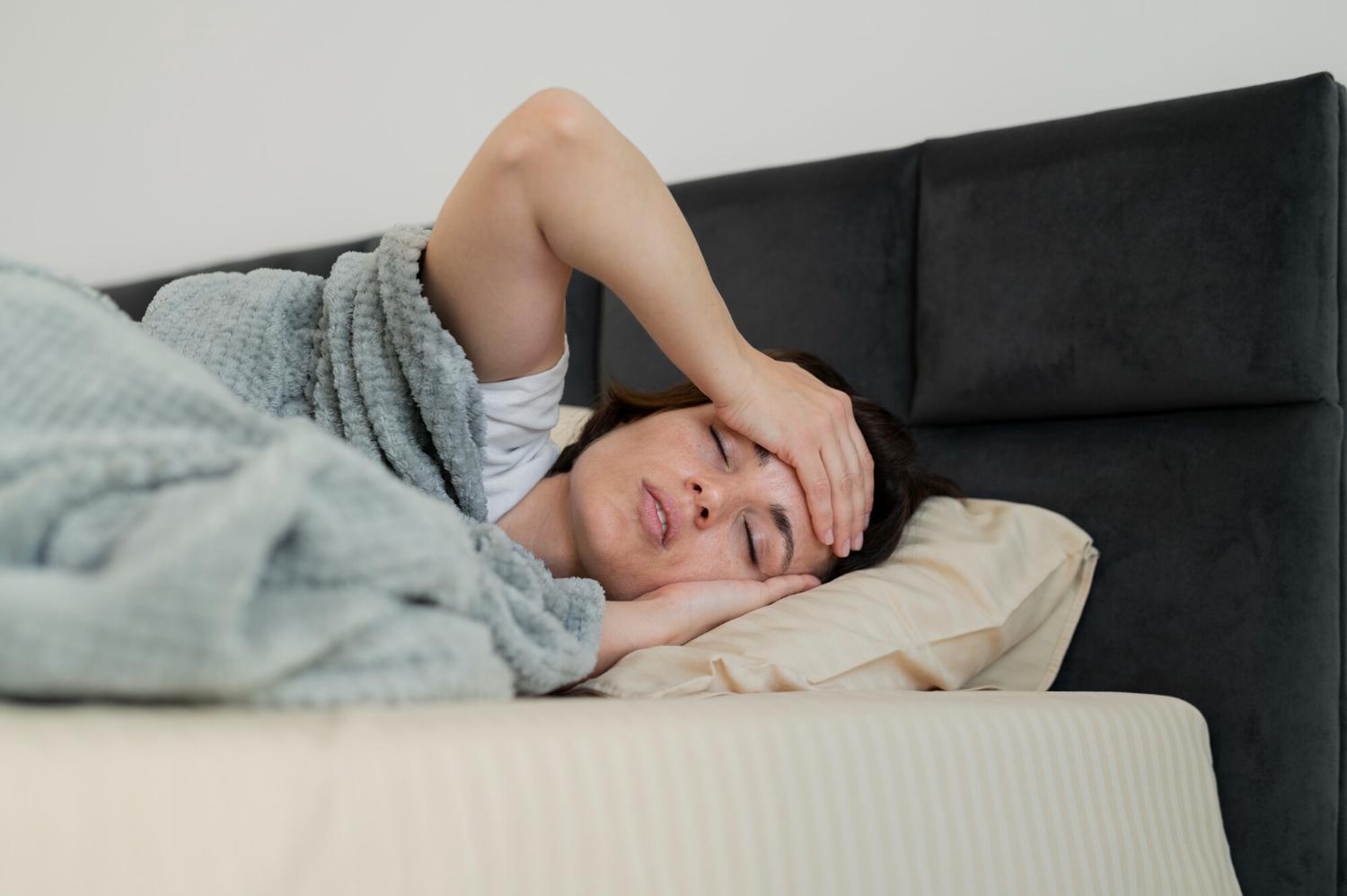Tips to Improve Quality of Sleep

Improving Quality of Sleep: Effective Strategies in Overcoming Disorders of Sleep
Sleep is the basic foundation of health, shaping physical health, mental acuteness, and quality of life. Yet a lot of people struggle with disorders of sleep, which interfere with their sleep as well as waking life. Through an understanding of these disorders, coupled with good strategies, an avenue to refreshing sleep can open up.
Common Sleep Disorders
Sleep disorders are different problems that make it hard to sleep well regularly. Some common types are:
- Insomnia: Trouble falling or remaining asleep.
- Sleep Apnea: Interruptions in breathing during sleep.
- Restless Legs Syndrome (RLS): A feeling of needing to move the legs, typically due to unpleasant sensations.
- Narcolepsy: Daytime sleepiness and abrupt sleep attacks.
It is important to identify the particular disorder in order to effectively manage and treat it.
Strategies to Improve Sleep Quality
Improving the quality of sleep usually means acquiring habits and routines that ensure quality sleep. The following evidence-based practices are recommended:

1. Plan a Regular Sleep Schedule
Sleeping and waking up at the Same Time each day, including weekends, helps align your body's internal clock, which makes it simpler to fall asleep and wake up naturally.
2. Make Your Bedroom a Sleep Haven
Your bedroom environment is crucial for quality sleep. To enhance it:
Keep the Room Cool: Target a temperature of 65 to 68 degrees Fahrenheit.
Minimize Noise: Utilize earplugs or white noise machines to mask bothersome sounds.
Block Out Light: Use blackout curtains or sleep masks to preserve darkness.
Select Comfortable Bedding: Spend in a supportive mattress and pillows.
3. Be Conscious of Food and Drink Consumption
What you eat, particularly in the time running up to bedtime, can influence your sleeping pattern:
- Limit Caffeine and Nicotine: Both of them are stimulants and can disrupt sleep if taken later in the evening.
- Avoid Big Meals Before You Sleep: Big or rich foods can result in discomfort and indigestion and interfere with sleep.
- Moderate Drinking: Even though alcohol puts you to sleep, it disturbs sleep cycles and lowers sleep quality.
4. Include Regular Physical Activity
Regular exercise can help promote sleep:
- Timing is Everything: It is advisable to complete intense workouts earlier in the day, as exercising too close to bedtime can be stimulating.
- Consistency is Everything: Regular workouts can promote quicker sleep onset and lead to better sleep quality.
5. Develop a Soothing Bedtime Routine
Developing a bedtime routine tells your body that it's Time to relax:
- Relaxation Techniques: Practice activities like reading, light stretching, or meditation.
- Limit Screen Time: Screen exposure can disrupt melatonin production, impacting sleep.
- Consider Mindfulness Practices: Mindfulness meditation and other techniques can soothe the mind and get the body ready for sleep.
6. Manage Stress and Anxiety
Mental health plays a major role in qualityof sleep:
- Practice Relaxation Methods: Deep breathing exercises, progressive muscle relaxation, and guided imagery can alleviate stress.
- Seek Professional Help: If sleep is being impacted by anxiety or depression, seek the help of a mental health professional.
7. Restrict Napping
Short napping can be invigorating, but extended or unscheduled napping during the day can have a detrimental impact on night-time sleep:
- Keep Naps Brief: Restrict naps to 20-30 minutes.
- Nap Early: Don't nap late afternoon or evening.
8. Exposure to Natural Light
Natural light exposure, particularly in the morning, aids in circadian rhythm regulation:
- Spend Time Outside: Strive for a minimum of 30 minutes of sunlight exposure each day.
- Try Light Therapy: For individuals with limited sun exposure, light therapy boxes are an option.
When to Seek Professional Advice
If sleep issues continue despite the above measures, it might be Time to see a healthcare professional:
- Chronic Insomnia: Trouble sleeping for a few weeks.
- Signs of Sleep Apnea: Like snoring loudly, gasping for air while asleep, or daytime sleepiness.
- Restless Legs Syndrome Symptoms: Discomfort in the legs with a need to move them, particularly at night.
A health care provider can give a complete assessment and prescribe appropriate treatments specific to your condition.
Improving sleep quality is a multifaceted endeavor that involves lifestyle adjustments, environmental modifications, and, when necessary, professional intervention. By prioritizing sleep and implementing these strategies, you can enhance your overall health and well-being.
- Art
- Causes
- Crafts
- Dance
- Drinks
- Film
- Fitness
- Food
- Παιχνίδια
- Gardening
- Health
- Κεντρική Σελίδα
- Literature
- Music
- Networking
- άλλο
- Party
- Religion
- Shopping
- Sports
- Theater
- Wellness


